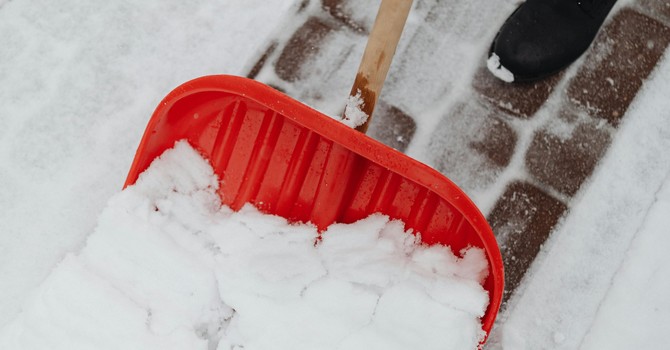
Do you know how often you should be pooping? A healthy number ranges from once a day to once every 3 days. If you are only having a bowel movement once a week, you may be suffering from chronic constipation. Studies show that around 20% of Americans are chronically constipated, and these numbers drastically increase in adults over 50. Leaving this condition unattended can lead to a number of medical problems and increase your risk of cancer. So Let’s talk about what causes chronic constipation and what you can do to help get your poop moving.
Constipation is caused by anything that slows down stool transit time or the time it takes your poop to travel through your intestines. As stool travels through the intestines, water gets reabsorbed from the stool back into the body. If the stool takes too long to travel through the intestines, it can become dry and hard from excessive water reabsorption. It is more difficult for the body to naturally push along stool that has become too hard and dry. Constipation can also be caused by anything inhibiting peristalsis,the natural muscle movements of the intestines, that push through stool. Medications such as opioids are the most common inhibitor of peristalsis.
There are serious complications that can come from chronic constipation. Hard and difficult-to-pass stool can cause fissures (tears in the colon lining) and hemorrhoids (inflamed blood vessels in the colon and rectum. It is also possible for portions of the intestine to bubble off and form small pockets called diverticulas. These pockets can become inflamed or infected and cause irritable bowel syndrome (IBS). All 3 of these complications drastically increase a person's risk of colon or rectal cancer.
What can you do to help speed up digestion? Start by introducing high fiber foods into your diet. Insoluble fiber adds bulk to your stool which puts pressure on the intestinal wall and stimulates peristalsis. Foods high in insoluble fiber are whole grains, root vegetables (carrots), and seeded fruits (strawberries). Next, be sure you are getting plenty of water. Dehydration increases the rate that water is absorbed by the colon and as we said before, dried out stool is harder to move. The last thing you can do is make sure to go when you feel the need to go. Resisting the urge will back things up and slow down the entire digestive process.
Take a look at your current diet for any possible triggers that cause constipation. The most common is an excess of dairy. Lactose, the sugar that is found in dairy, will be metabolised by bacteria in the gut and produce methane gas. New research suggests that the methane acts as an inhibitory neurotransmitter and prevents peristalsis. Removing dairy may be difficult, but there are plenty of non-lactose alternatives that you can use in place.
If you are having difficulties determining the cause of your constipation, schedule a free consultation here at Rush-Henrietta Family Chiropractic. The nutritionist at our Rochester, NY office can help you develop a plan to determine which part of your diet may be causing your symptoms. Once determined, we help you make the necessary changes that fit into your current lifestyle. Give the office a call and schedule an appointment.



